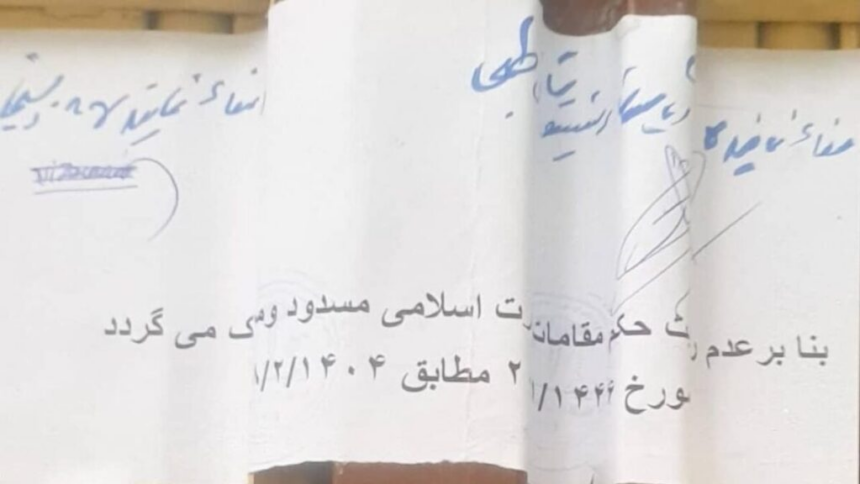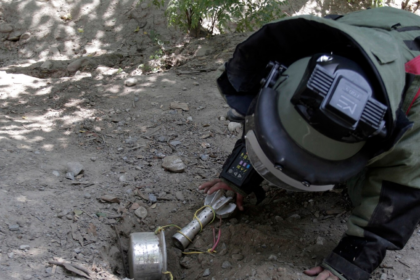RASC News Agency: In yet another escalation of their draconian policies against women’s rights, the Taliban-controlled Ministry of Public Health has forcibly shuttered eleven health science institutes in Kabul. According to multiple local sources who confirmed the closures on Thursday, May 22, these educational centers were targeted for the simple reason that they offered basic health and first-aid training to women and girls. The closures have provoked widespread alarm across Afghanistan’s private education sector. In a joint statement issued by several private health science institutions, education providers condemned the Taliban’s actions as a reckless blow to the country’s already crippled healthcare system. “Medical education is a foundational and indispensable necessity for any society,” the statement noted. “Restricting access especially for women threatens the integrity of Afghanistan’s entire public health infrastructure.”
The institutes have urged the Taliban authorities to immediately reconsider the decision and to ensure that women are not denied critical training that could save lives. However, as of this report, Taliban officials have not issued any formal response or justification, maintaining a consistent silence in the face of growing domestic and international concern. This incident is not an isolated policy decision, but part of a broader, systematic campaign by the Taliban to dismantle the public presence of women in Afghanistan. Since their return to power in 2021, the group has enacted an unrelenting series of decrees aimed at excluding women from education, employment, and civil society. Human rights experts have warned that these measures amount to a coordinated effort to erase women from national life, with devastating long-term consequences.
“Denying women access to medical education does not only violate fundamental rights it also endangers public health outcomes for the entire population,” said a Kabul-based health policy analyst. “When half the population is forbidden from participating in healthcare training, the system is not just weakened it is structurally paralyzed.” Activists further warn that such closures disproportionately impact rural and underserved areas, where women often play a crucial role as community health workers and midwives. “These policies are not only punitive; they are self-defeating,” noted one women’s rights advocate. “In eliminating female medical professionals, the Taliban are deepening the health crisis that already plagues this nation.”
The psychological toll is equally profound. Several human rights defenders have described the situation for women under Taliban rule as a form of “gendered captivity,” where access to education, healthcare, and basic public engagement is not just discouraged but criminalized. “For women in Afghanistan today, life has become a daily negotiation for dignity in a regime that sees their existence as a threat,” said one activist speaking on condition of anonymity. Despite mounting pressure from international bodies and civil society organizations, the Taliban leadership continues to pursue policies that starkly contradict Afghanistan’s developmental needs and international legal obligations. The closure of these institutes not only deprives women of opportunity it deprives Afghanistan of its future.
Unless there is a concerted global response, the Taliban’s unchecked repression of women’s rights will continue to reverse two decades of progress and plunge the country further into isolation and humanitarian collapse.






